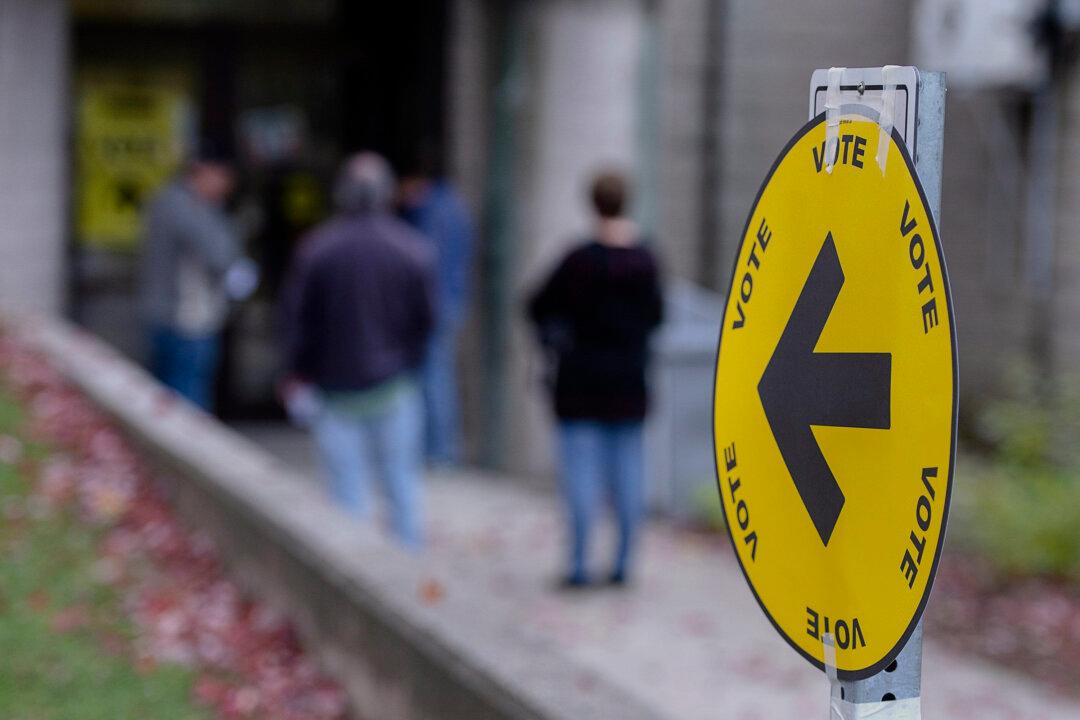Commentary
Tax cuts were the theme for the top two contenders in the first week of the federal election. Both Pierre Poilievre and Mark Carney promised to cut income taxes, carbon taxes (to different extents), and GST on new home purchases. The parties have identified cost-of-living challenges as a top concern for Canadians, and they are responding to it. People react when they see the direct impacts of policies that hit their pocketbooks.





